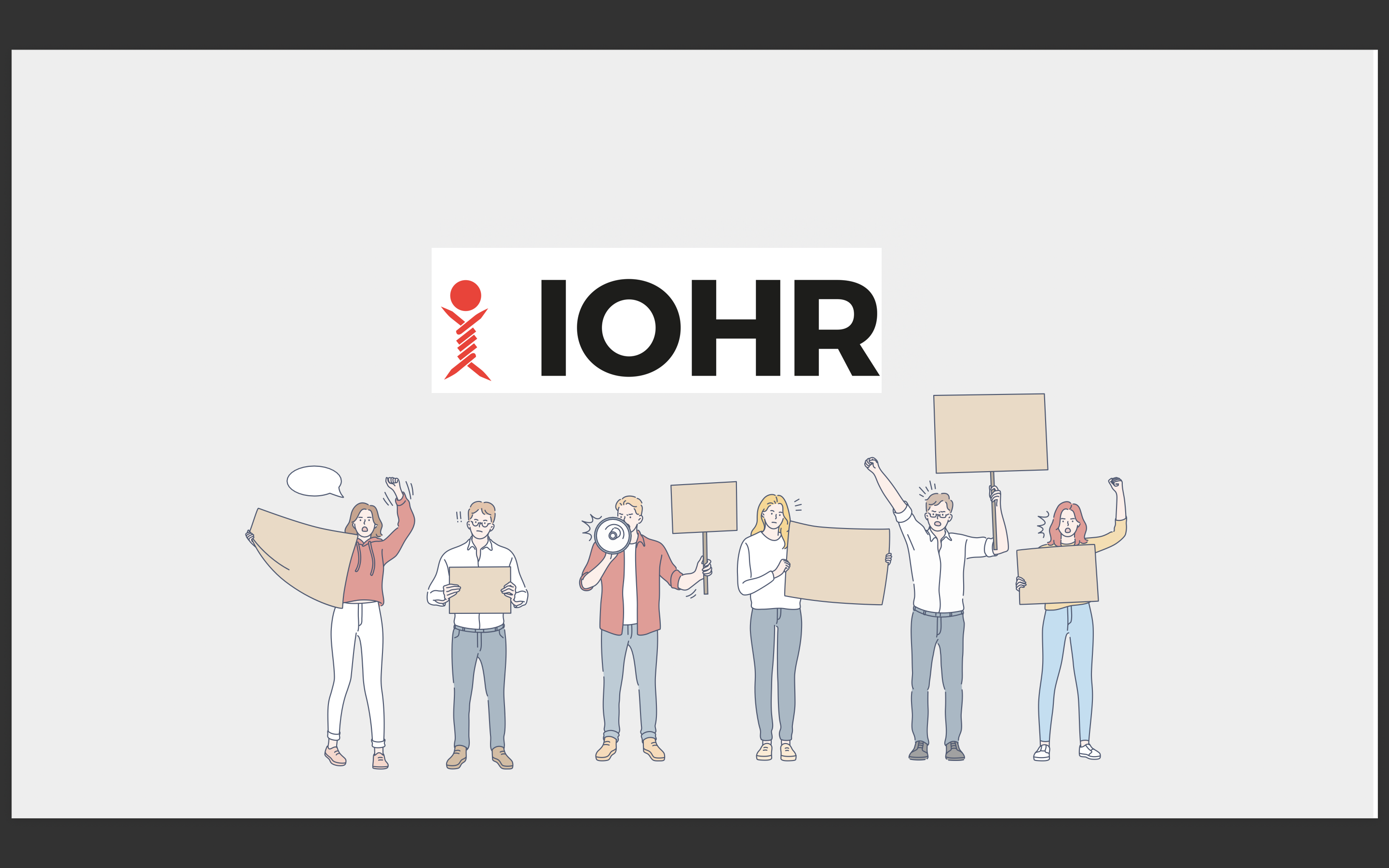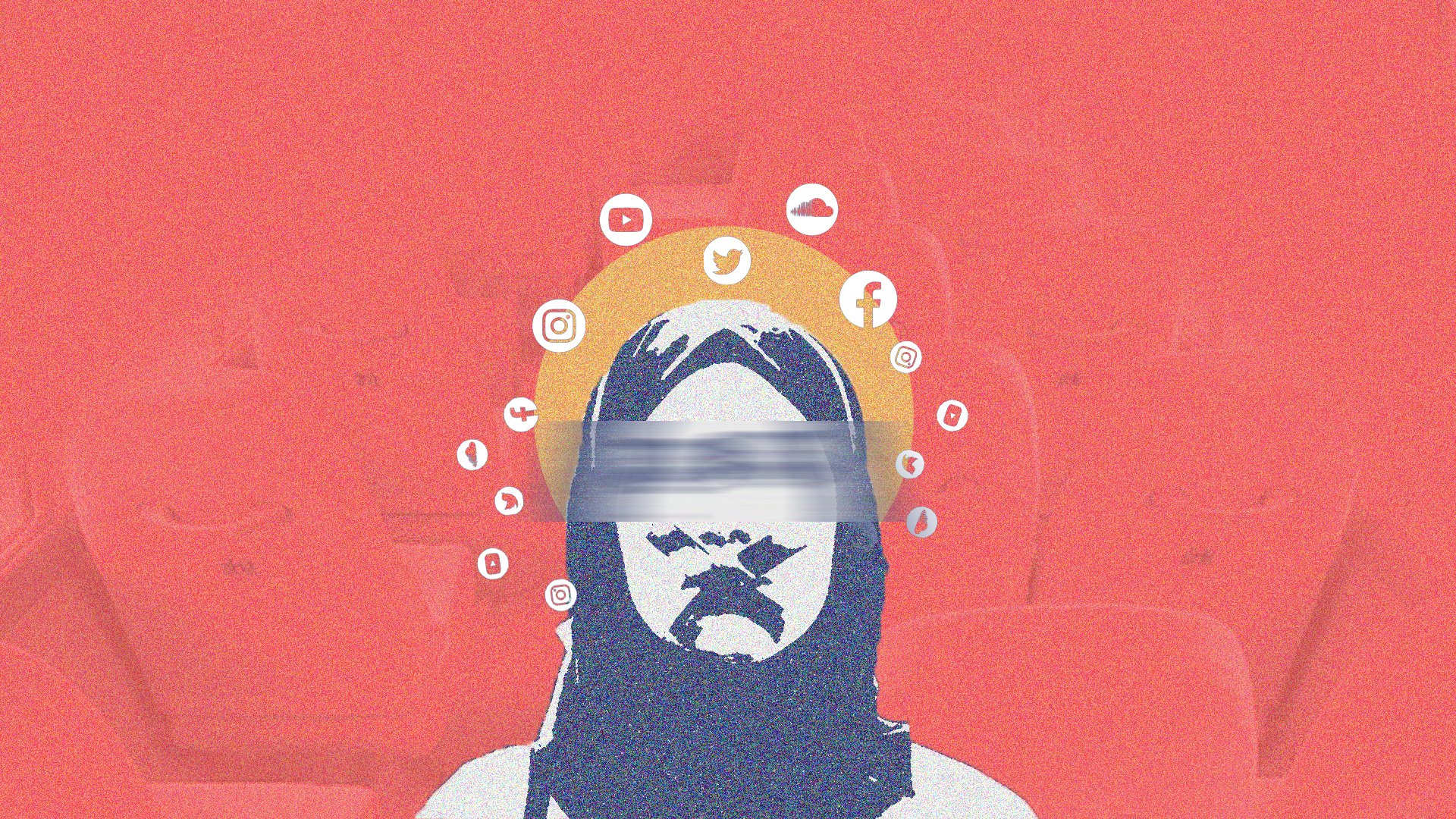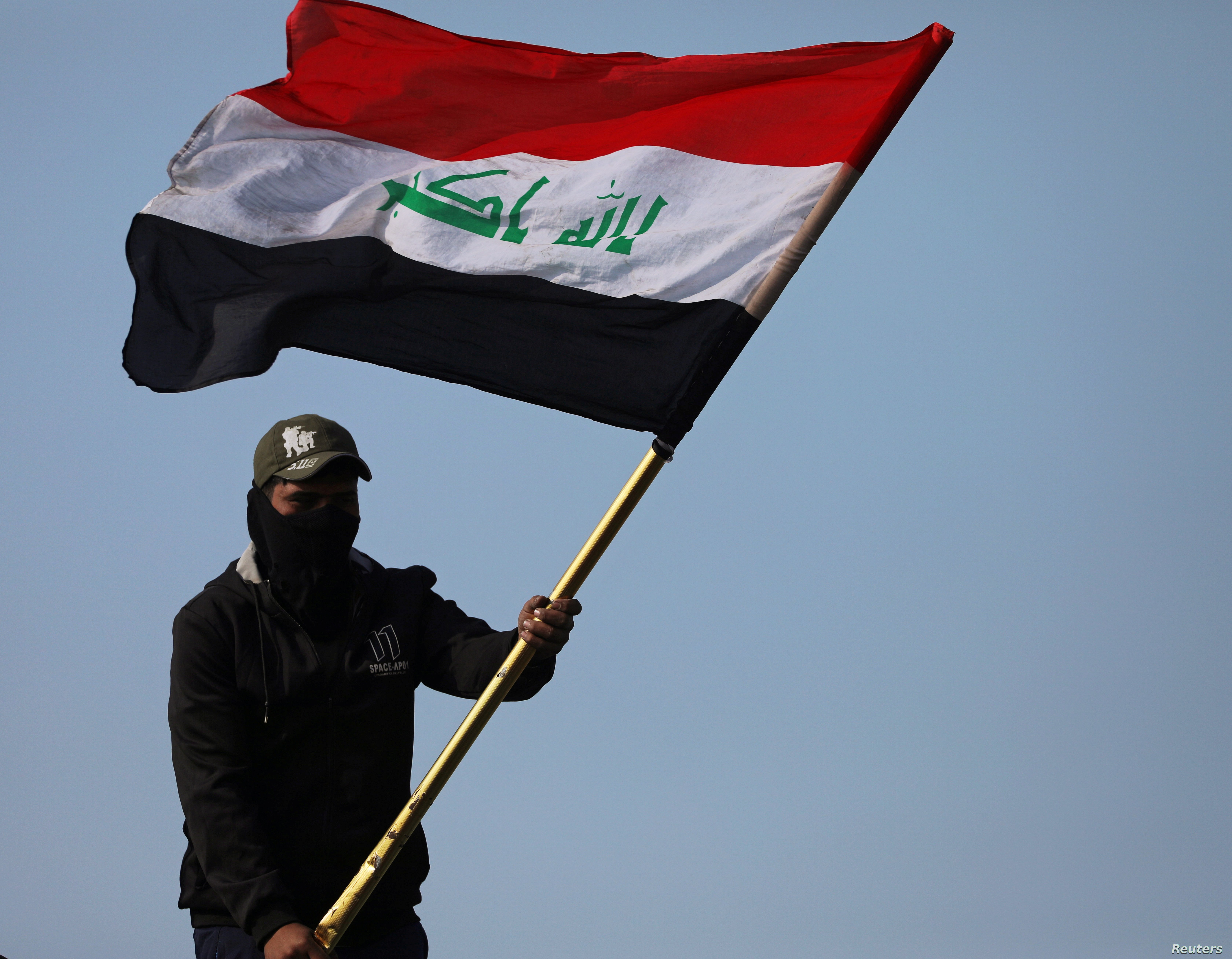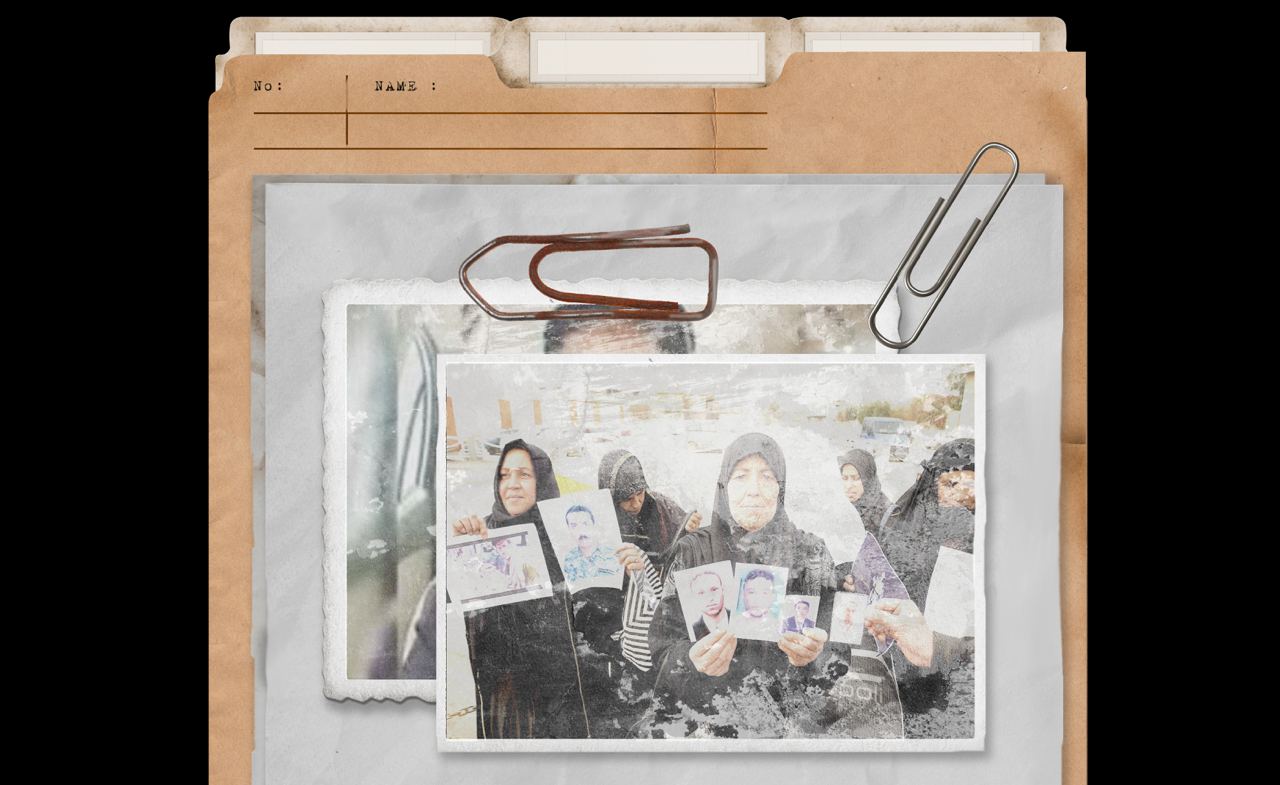A statement addressed to the House of Representatives and political forces regarding a draft law (Freedom of Expression and Peaceful Demonstration). Based on the workshop held by the Iraqi Observatory for Human Rights on March 16, 2023, to discuss the draft.
The Iraqi Observatory for Human Rights held a workshop, in the presence of members of parliament, experts, and activists in civil society, to discuss the draft law (freedom of expression and peaceful demonstration) that was put forward for second reading in the House of Representatives.
This workshop was held on Thursday (March 16, 2023) to establish the importance of joint work between civil society, non-governmental organizations, and state institutions.
Members of the House of Representatives, activists, and legal experts participated in the session as they addressed major issues that the current draft suffers from and how it affects the freedom of expression guaranteed by the Iraqi constitution.
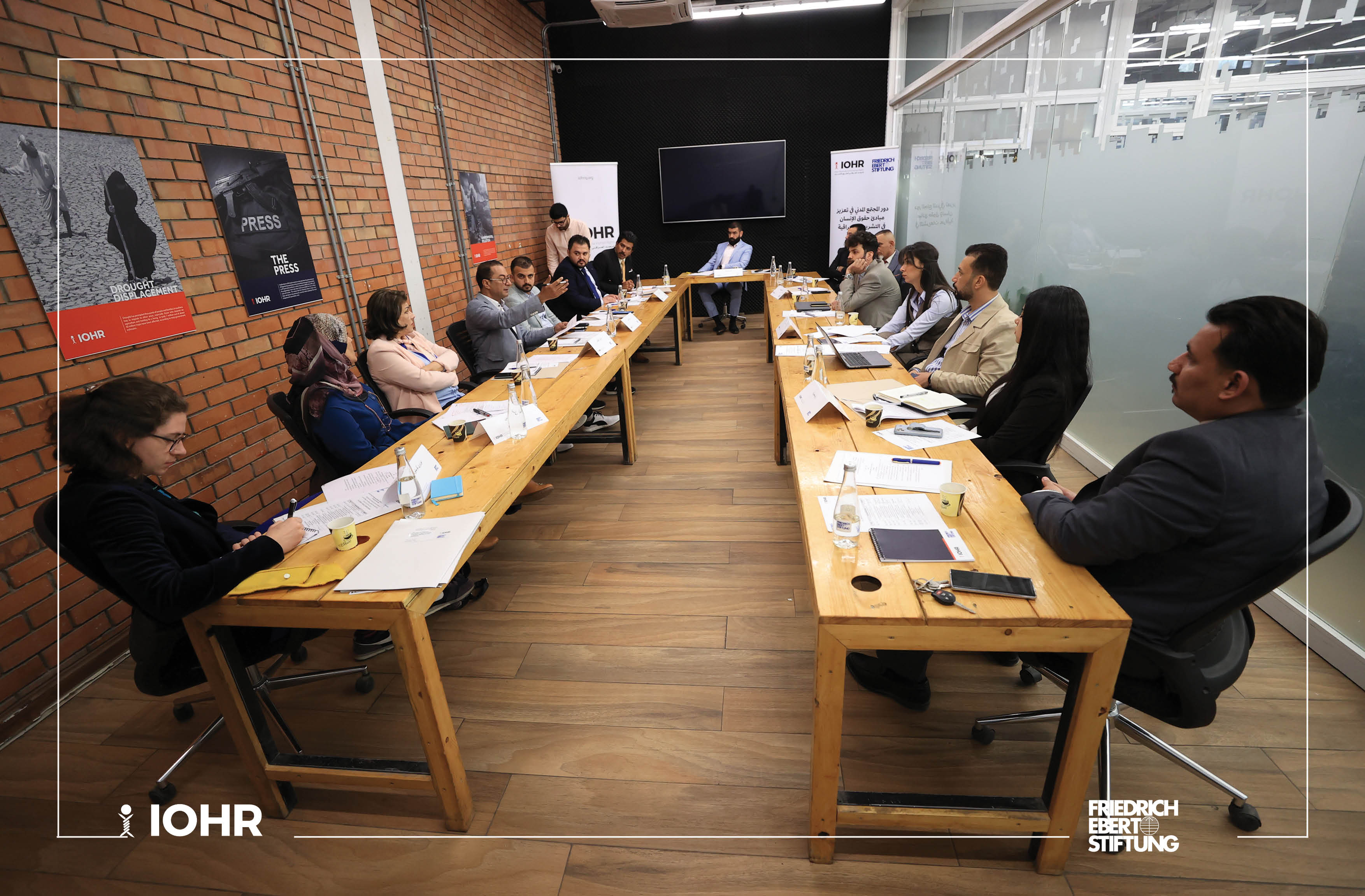
It was noted that the written draft was written in a chaotic manner and included articles far from the right to assembly as it combined the right to assembly and freedom of expression. Moreover, it also included punitive clauses that cannot be in a law regulating the right to assembly and peaceful demonstration. In addition, it included articles related to the right to obtain information, which is a law that should be independent by itself, as well as the case with the article related to the establishment of information databases by state ministries.
The law draft does not indicate or show that its writing team had legislative experience, knowledge of the Iraqi constitution, and Iraq's international obligations. There are no real attempts to regulate freedom of assembly, but rather, there were attempts to restrict and undermine freedom of assembly by imposing a certain pattern of restrictions.
Earlier on March 2023, the Iraqi Observatory for Human Rights sent in an official letter their observations to the Legal Committee in the House of Representatives, the Human Rights Committee in the House of Representatives, and the Committee on Culture and Information in the House of Representatives indicating the existence of great dangers in the law on freedom of assembly and expression of opinion.
The draft law, published on the official website of the Iraqi Council of Representatives, contains broad terminology and articles that contradict Article (38) of the Iraqi Constitution, which guarantees freedom of opinion and expression by peaceful means, and also violates Article (19) of the International Covenant on Civil and Political Rights. and the Universal Declaration of Human Rights.
We aim to strengthen the efforts of state institutions in regulating freedoms, however, this does not mean reaching the stage of restricting them and imposing legal articles that are not convenient to be in a democratic political system. We have identified some paragraphs of the draft law that suffer from several issues, due to their inconsistency with the Iraqi constitution and principles of universal human rights.
The observations on the aforementioned draft law adopted the Iraqi constitution and international principles of human rights as a reference in addressing the violations that the Iraqi legislator set in this draft which, if proceeded in this way, would be a major problem to human rights in Iraq.
On the basis of the foregoing and the observations made by the Iraqi Observatory for Human Rights, and the partners who discussed the draft law during the workshop, we render the Iraqi Council of Representatives to consult with civil society and non-governmental organizations before enacting the draft law and turning it into a cordon that stifles freedoms and re-adopts dictatorial methods and behaviors that create a gap between citizens and state institutions.
It is imperative for the parliament to follow transparent mechanisms in listening to the opinions of stakeholders, and to legislate laws that are in accordance with the Iraqi constitution, this is our hope and aim.
The partners who discussed the draft agreed that this draft law returns Iraq to the era of dictatorship and suppression of freedoms, and increases the indicators of political forces seeking to restrict freedoms, impose their influence on the opinions of society, and impose a certain pattern of thinking and strangle freedoms.
Freedom of Expression is a main pillar in any democratic system and restricting this freedom means stripping the character of (democracy) from the Iraqi political system freedom of expression is the backbone to prevent the return of dictatorship.
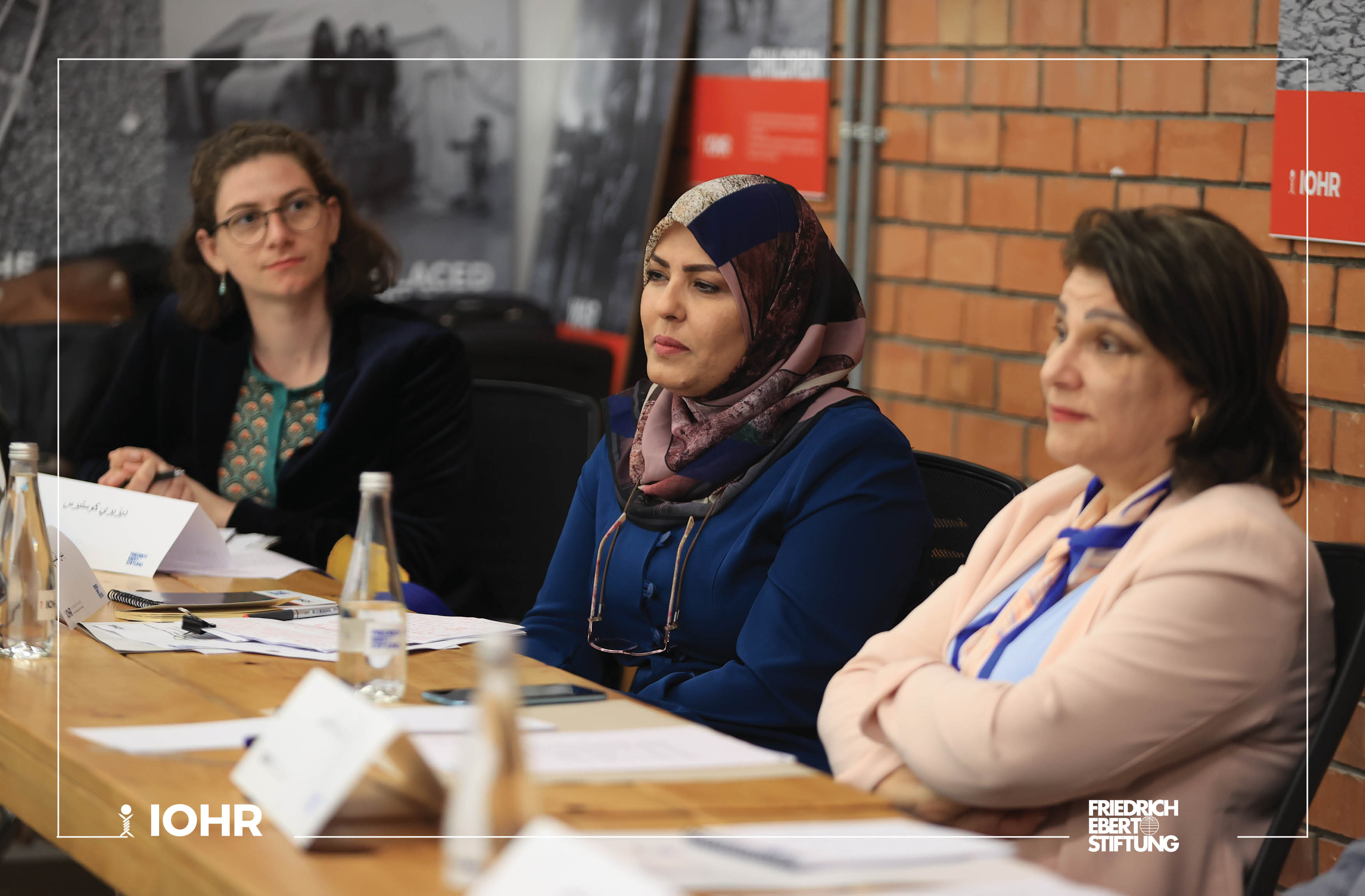
On this basis, the following recommendations were adopted by the partners and supporters who signed the statement:
1. Stop voting on the current draft law on the grounds that it violates Article (38) of the Iraqi constitution, the International Covenant on Civil and Political Rights, that seeks to undermine freedom of assembly.
2. Determining the draft law on freedom of assembly and separating it from freedom of expression, which is constitutionally guaranteed, as they cannot be in one draft law, and their presence in one draft is an attempt to restrict them.
3. Rewriting a new draft and involving the competent organizations in the drafting process, given that the current draft was drafted in a way that incorporated articles unrelated to freedom of assembly.
4. Remove penalties from the draft law that aims to regulate and not punish.
5.The terminology of the draft law must be clear and explicit, not vague and rubbery that can be interpreted for more than one meaning.
The signatories to the statement:
1. The Iraqi Observatory for Human Rights
2. Nisan Al Zayer/ Member of the Human Rights Committee in the House of Representatives
3. Anas Al-Azzawi / member of the Human Rights Commission
4. Shorouq Al-Abaiji, the National Civil Movement
5. Ahmed Al-Amiri / activist
6. Wissam Al-Mulla / journalist
7. Reyam Mahbouba/ Amarji party
8. Ahmed Ali Majeed/ lawyer
9. Hayan Ibrahim Al-Khayyat/ lawyer
10. The National House Party
11. Musa Rahamat allah/ activist
12. Al-Waad Movement
13. Mais Adel Sadeq/ activist
14. Aras Abdul Khaleq Al Hamad / activist
15. Ismail Saad / lawyer
16. Mohie Al-Ansari / Head of the Iraqi House Movement
17. Fares Haram/ academic and activist
18. Shaqofian Organization for Development and Culture
19. Abd Jawamir Shati/ director of an organization
20. Hanadi Saad Abd Ali/ human rights activist
21. Ali Abdul Majeed Ahmed / Head of the Civil Dialogue Organization for Development
22. Abd al-Karim Mohsen Muhammad Hassan/ member of the Political Bureau of the Social Party
23. Falah Al-Amiri/ Executive Director - Nissan Institute for Democratic Awareness
24. Salam Zayer Al-Haddad/ civil activist SYO
25. Haider Al-Shakri/ researcher
26. Dilkesh Sadiq/ human rights activist
27. Hassan Al-Obeidi/ political activist
28. Dr. Muhammad Alawiyya/ Head of the Ishtar Center for Democracy Support
29. Mudrik Hussain Ali/ representative of Al-Sayyab Association for Human Rights
30. Saeed Yassin/ good governance and anti-corruption expert
31. Hussam Falah/ journalist
32. Ali Abdel Zahra/journalist/researcher in political affairs
33. Sarah Jassim/ human rights defender
34. Mustafa Adel Al-Saeedi/ journalist
35. Dr. Ihsan Al-Shammari / Head of the Iraqi Political Thinking Center
36. Ali Sahib / Director of the Information Center for Research and Development
37. Asos Hardi/ journalist writer
38. Tishreen Democratic Movement
39. Basem Francis Hanna/ journalist
40. Prof. Dr. Ali Kazem Al-Rafi’i / Secretary General / Social Democratic Current
41. Iyad al-Mahamdeh/civilian political activist
42. Hamid Jahjih / Amarji Liberal Party
43. Ali Abdullah/ civil activist
44. Wasn Hassan Jawad, a lawyer
45. Dr. Al-Nasser Duraid/ a political refugee
46. Tahseen Al-Amiri/ engineer
47. Ghaleb Al-Harbi/ Iraqi Secular Gathering
48. Wissam Ziyad / journalist
49. Wasfi Jassim Khalifa/ an Iraqi citizen
50. Raed Al-Rikabi/ Iraqi Modernity Gathering
51. Bashir Kifah Yahya / Director of Barq Policy and Consulting
52. Dr. Wael Munther Al-Bayati/ academic and human rights activist
53. Ahrar al-Shabak Party
54. Maryam Muhammad Majeed / engineer
55. Ahmed Abbas Ali/ civil activist
56. Maan Daoud Al-Majali/ Professor and journalist
57. Zulfiqar Muwafaq Khudair/ volunteer in civil society
58. Amal Hadi al-Zaidi/ journalist
59. Al-Karrar Hassan / human rights defender
60. Maryam Karim / media personality
61. Hussein Jaber Janam/ an Iraqi citizen
62. Teba Yassin Youssef
63. A human rights defender
64. Ali Al-Dahamat/ activist
65. Tishreen Organization for Human Rights
66. Enas Karim / head of the recovery organization for the treatment of addiction
67. Ali Muhammad Karim / engineer
68. Prof. Lamia Yassin/ New Day Organization
69. Samira Nasser Mazban Al-Khafaji/ trade union and political activist/ October Movement
70. Muhammad Hassan Al-Salami/ Head of Mwatana Association for Human Rights
71. Maryam Hadi/ activist

